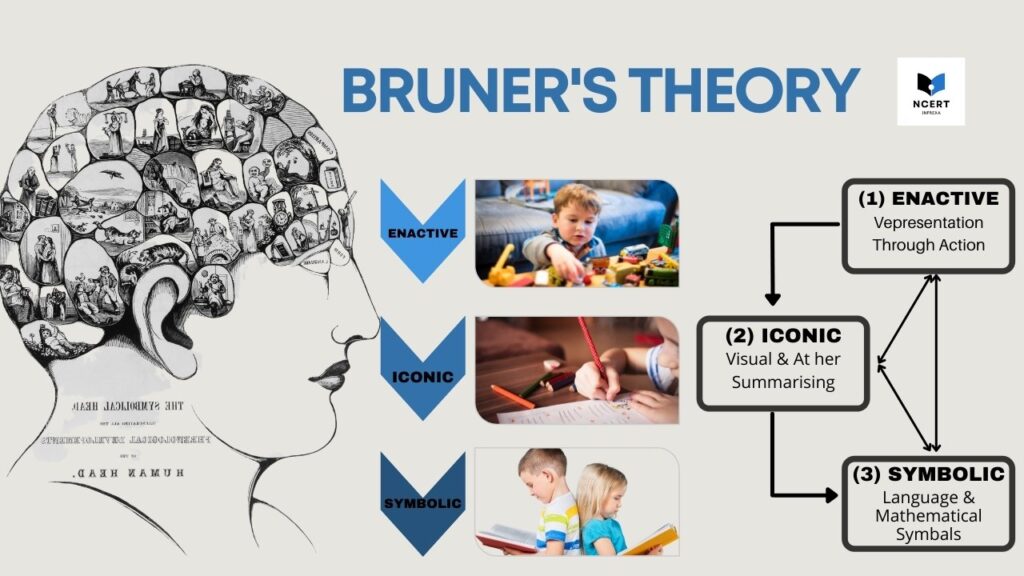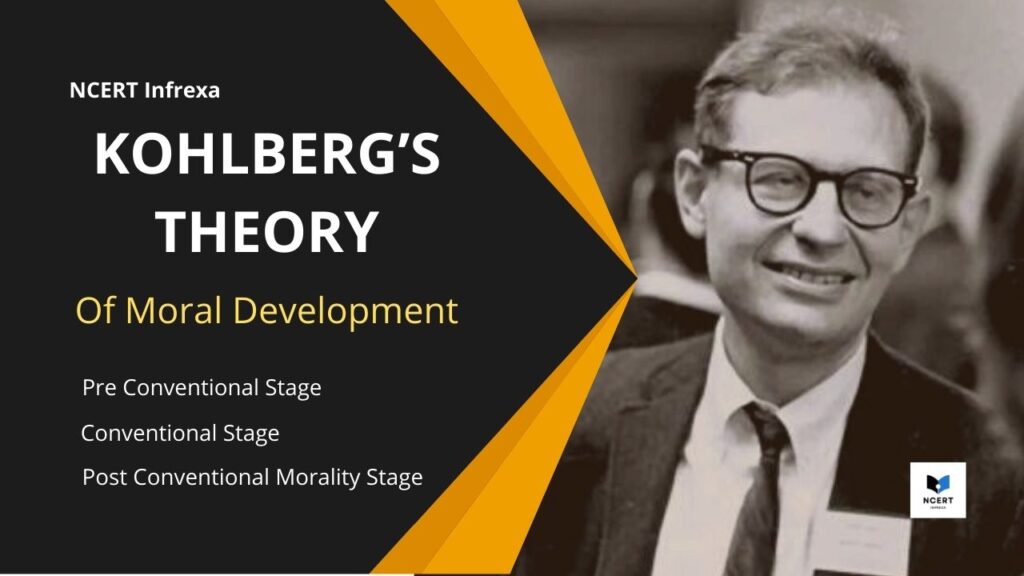Child Psychology: Definition, uses, and principles
Child psychology, often referred to as developmental psychology, is the study of the mental, emotional, and behavioral development of children from infancy through adolescence. This branch of psychology examines how children evolve in terms of their mental processes, social interactions, and overall personality. It focuses on understanding the inner workings of a child’s mind and […]
Child Psychology: Definition, uses, and principles Read More »




